Brett
Share This Post
The number one thing I want to tell the world about Brett is that he is happy. He loves life and is full of joy. His laughter is contagious, and he will have you giggling right beside him. Brett is fiercely loved by many and his love is boundless in return. Brett’s diagnosis journey begins early but it took a while to completely reveal the devastating reality of his life-long condition. By all accounts, even to medical professionals, Brett appeared to be a typically-developing infant. Brett’s story starts at his four-month checkup, when he was not holding his head up. This is when his pediatrician recommended his father and I take him to see a neurologist. This was our first red flag. We didn’t know it yet, but our world was about to change.
Our first neurologist was not overly concerned about Brett’s lack of head control. I still remember his exact words, “I think your boy is going to be just fine”. He simply recommended we get Brett into physical therapy—immediately. As it turns out, the pediatrician was right to set off alarms. And although that transition from typical care to specialized care began with that first call to the neurologist, it would still take almost two years to begin to understand exactly how “involved” Brett’s condition might be. His progression in physical therapy was slow, but he was making some progress. Doctors and therapists kept using the term “developmental delays”. During the earlier discussions, for me that term was misleading. Because in my mind “delays” are just what that word usually means – taking longer than expected. I was still under the impression that, “eventually, he’d catch up, right?”
As Brett continued to miss developmental milestones, his doctors and therapist appointments increased. As well as more medical tests. Brett’s MRI results showed some abnormalities which were considered in line with a child with developmental delays. Brett’s pediatrician ordered the typical bloodwork that would be done at this point if there were development issues. These all came back normal. So she recommended we talk with the Department of Genetics at Lucile Packard’s Children’s Hospital (Stanford). Lucile Packard’s Children’s Hospital recommended Whole Exome Sequencing (WES). I still was not particularly worried, at least not yet. The results took a couple of months. When we were called to come back for “genetics counseling”, this is when we received the diagnosis of GRIN1 genetic mutation. The shock of reading the WES results and the medical terms still brings a wave of nausea that shakes me to my core. We still had no idea what this news meant for Brett’s future. Because in almost two years, no doctor or therapist had ever told me that there would be no normal childhood for Brett. I continued to reassure myself, he would catch up, because there was no reason not to believe this yet.
Looking back, I think that time was like a buffer zone for us, as we adjusted to a reality that was wildly different from the future we envisioned. But with the slow progress and little answers we were getting from medical professionals, at last we sought out a second opinion. Brett’s pediatrician recommended another neurologist at Lucile Packard’s Children’s Hospital. During this first appointment she mentioned something about him never developing fully or normally. I don’t remember her exact words but it I was unable to listen to anything else she said as my mind became stuck on her words. It was probably the look on my face that made her stop talking, realizing that this was the first time I had received this news. In fact, I remember saying “Hold on–. You just dropped a bomb on my world”. This devastating news was the beginning of what is now our reality. Armed with the truth and a google search bar, we could now try to look for more information that, at that time, was just beginning to emerge.
There were no “GRIN1 doctors or therapists”. The couple of medical articles I found might just have well been written in another language because they made no sense to us. Although the second neurologist was more familiar with GRIN1 disorder than Brett’s first neurologist, she still had no answers. She mentioned attending a conference on epilepsy where they had discussed GRIN1 and other similar disorders. I wanted to know more about the conference speakers. A search lead me to the conference website and I found information on a genetics panel that listed Dr. Ann Poduri as the panel’s moderator. After a conference call with Dr. Poduri, we were soon on a plane to Boston Children’s Hospital to meet with her. Even as we made our travel plans, I knew there would be no major outcomes of this appointment, but we were desperate for more information. The trip paid off and she was able to connect us with the doctors and researchers working on GRIN gene disorders.
Shortly afterwards, having found a blog post from another GRIN1 father, we connected with a community of other parents, grandparents, and family members, who have been a tremendous support to me and for whom I have been able to support. Together, we are working to find a cure for our loved ones. If you are a parent who has recently received a GRIN disorder diagnosis, the most important thing you should know is there is hope. It is a difficult journey, one that is filled with sadness, fear, and pain beyond belief. But through all this despair, you will also find strength and courage you never knew you had. You are not alone. You can and will get through this.
Denise Rehner, mother to Brett Rehner
Read more Posts

Haytham
I was, just as most moms when they discover they are expecting a child, so excited.

Myles
Myles is an extremely hard working and determined little boy. He works so hard every week in therapy and wants nothing more than to move and do things on his own. We are so thankful for that.
